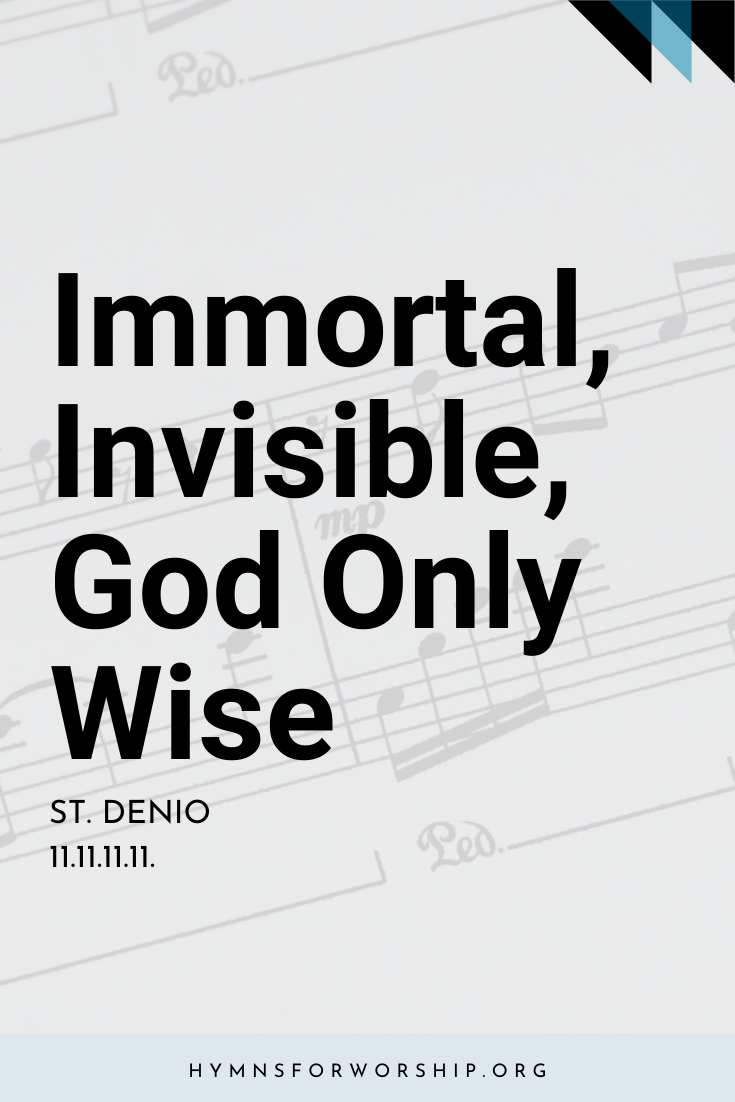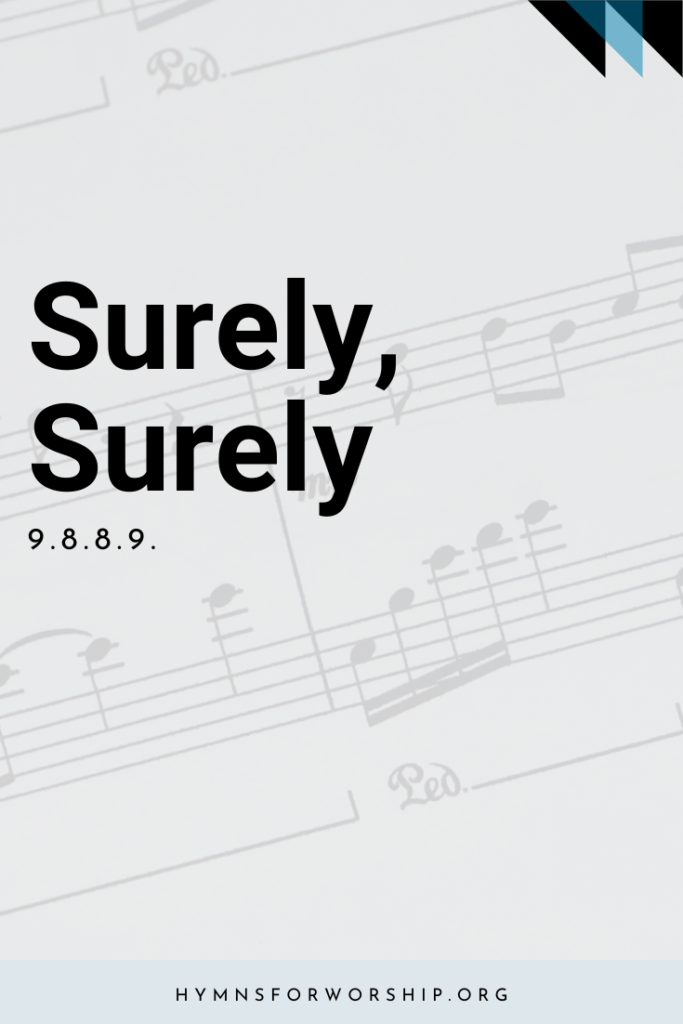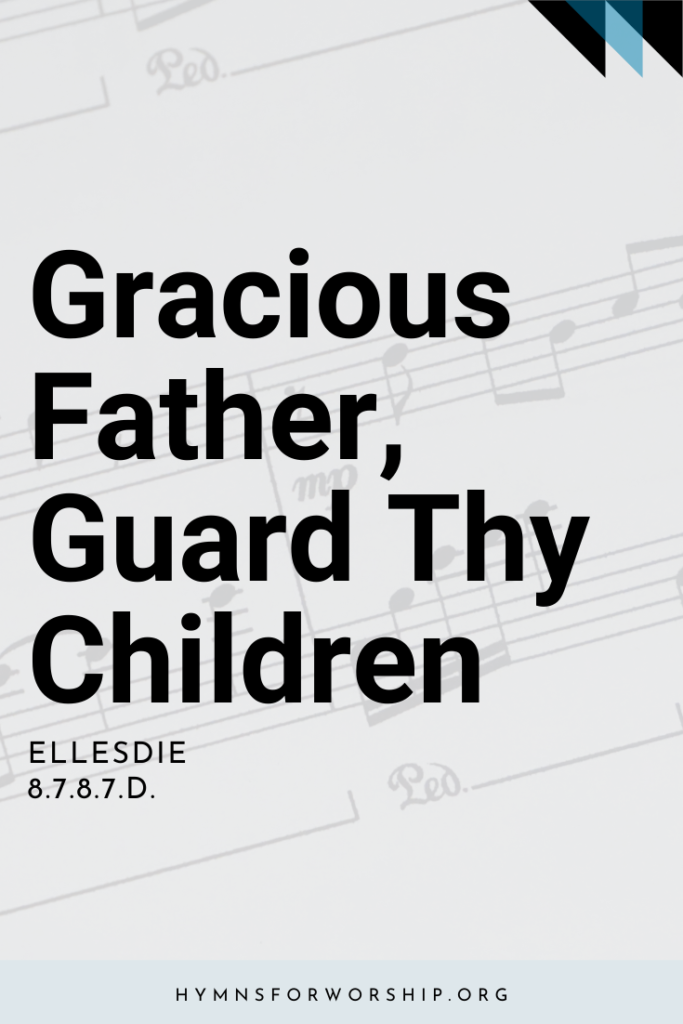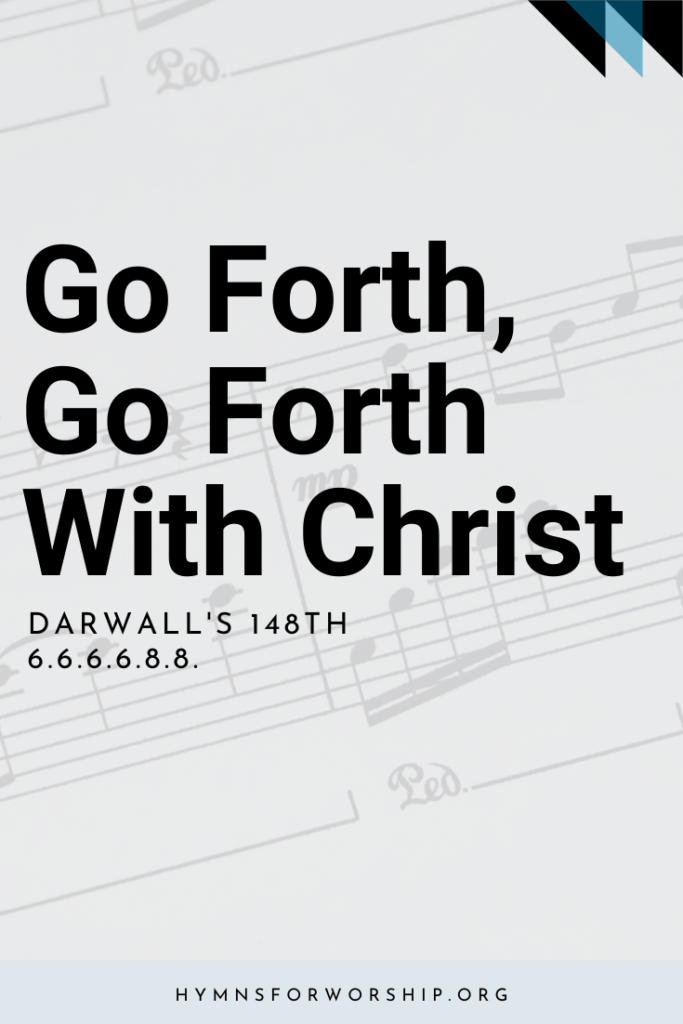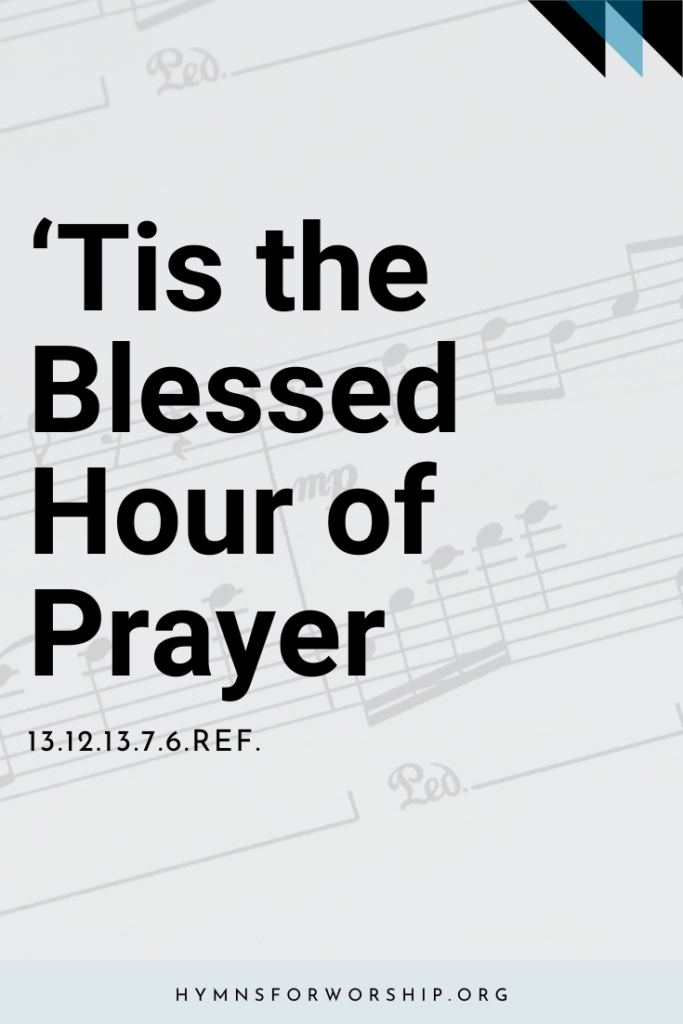WORSHIP >> Adoration & Praise
SDAH 21
Immortal, invisible, God only wise,
In light inaccessible hid from our eyes,
Most blessed, most glorious, the Ancient of Days,
Almighty, victorious, Thy great Name we praise.
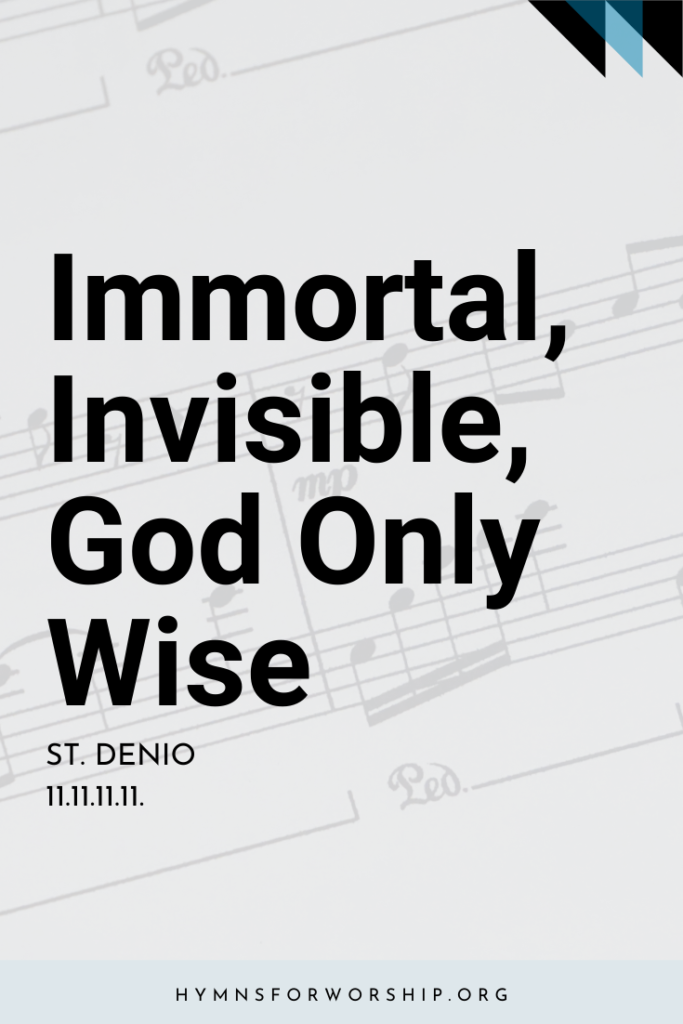
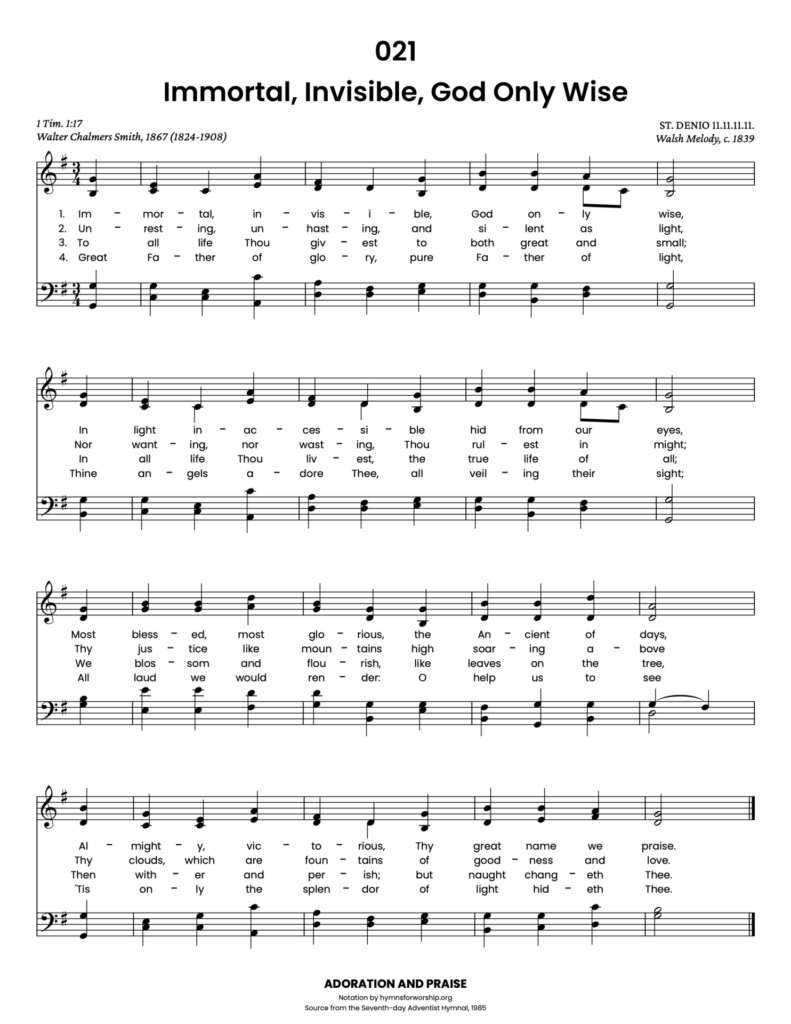
Get the hymn sheet in other keys here
For Worship Leaders
Make each hymn more meaningful with these helpful tools: Short, ready-to-use hymn introductions for church bulletins, multiple ways to introduce a hymn based on your worship theme and in-depth history and insights to enrich your song service.
Hymn Spotlight: Immortal, Invisible, God Only Wise
A hymn of awe and majesty, Immortal, Invisible, God Only Wise is based on 1 Timothy 1:17: “Now unto the King eternal, immortal, invisible, the only wise God, be honour and glory for ever and ever.” The hymn’s central theme is light—so glorious that it both reveals and obscures, expressing the inexpressible mystery of God.
Written by Walter Chalmers Smith (1824–1908), a Scottish pastor and poet, the hymn first appeared in 1867 and was later revised in 1884. Smith, a leader in the Free Church of Scotland, found poetry a welcome relief from pastoral burdens, and his hymns are known for their vigorous thought and rich expression.
The tune, ST. DENIO, originates from a Welsh folk melody first used as a hymn tune in 1839. Its strong and uplifting character makes it a perfect match for the hymn’s exalted theme.
As we sing today, may our hearts be lifted in worship to the eternal, immortal, invisible God, whose wisdom and glory reign forever!


Text
1
Immortal, invisible, God only wise,
In light inaccessible hid from our eyes,
Most blessed, most glorious, the Ancient of Days,
Almighty, victorious, Thy great Name we praise.
2
Unresting, unhasting, and silent as light,
Nor wanting, nor wasting, Thou rulest in might;
Thy justice, like mountains, high soaring above
Thy clouds, which are fountains of goodness and love.
3
To all, life Thou givest, to both great and small;
In all life Thou livest, the true life of all;
We blossom and flourish as leaves on the tree,
And wither and perish – but naught changeth Thee.
4
Great Father of glory, pure Father of light,
Thine angels adore Thee, all veiling their sight;
All praise we would render; O help us to see
‘Tis only the splendor of light hideth Thee!

Hymn Info
Biblical Reference
(a) 1 Tim 1:17, 6:16; Dan 7:9 (b) Ps 36:6 (c) Acts 17:25; Isa 40:7 (d) Rev 7:11
Author
Walter Chalmers Smith (1824-1908)
Year Published
1867
Hymn Tune
ST. DENIO
Metrical Number
11.11.11.11.
Tune Source
Welsh Melody
Year Composed
1839
Theme
ADORATION & PRAISE

